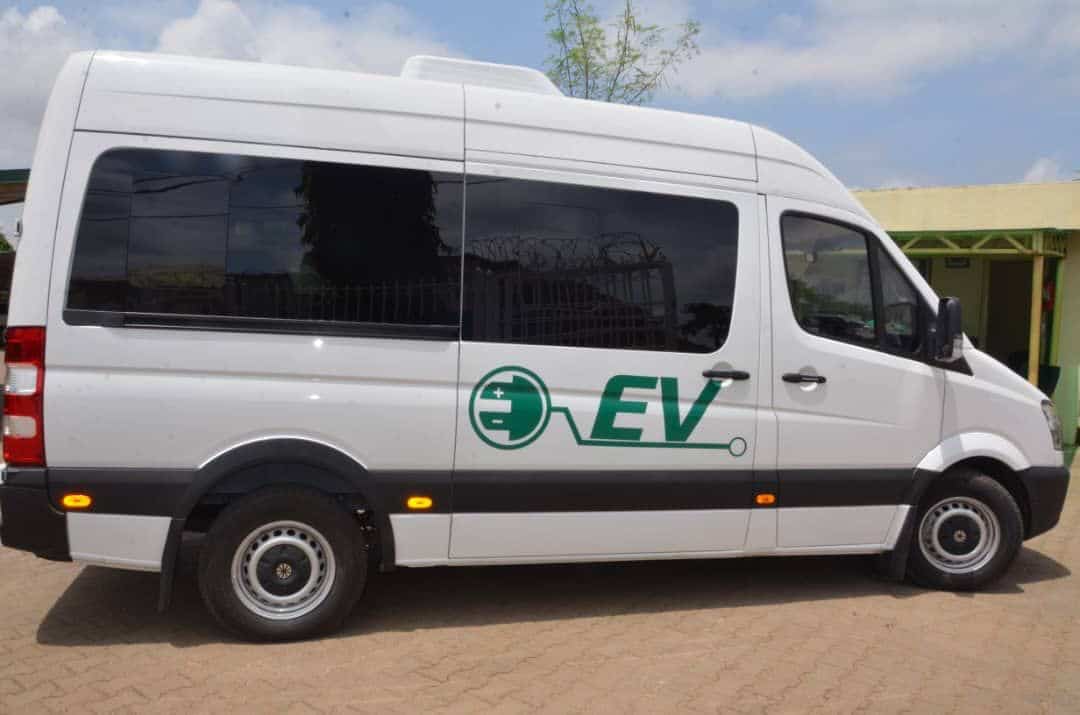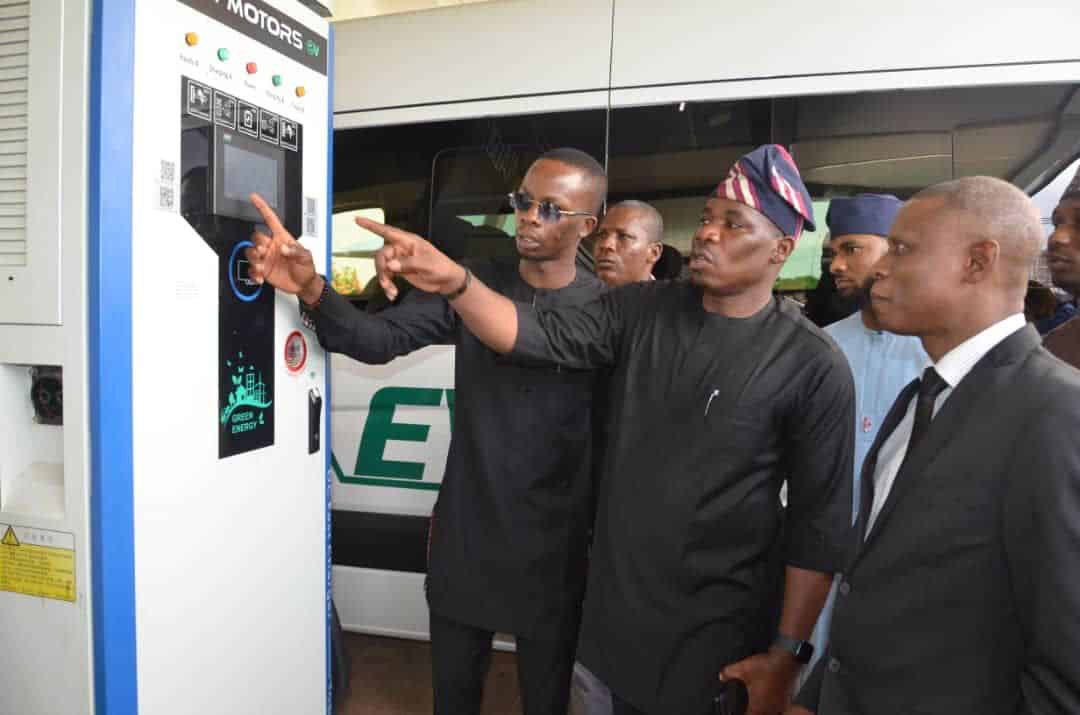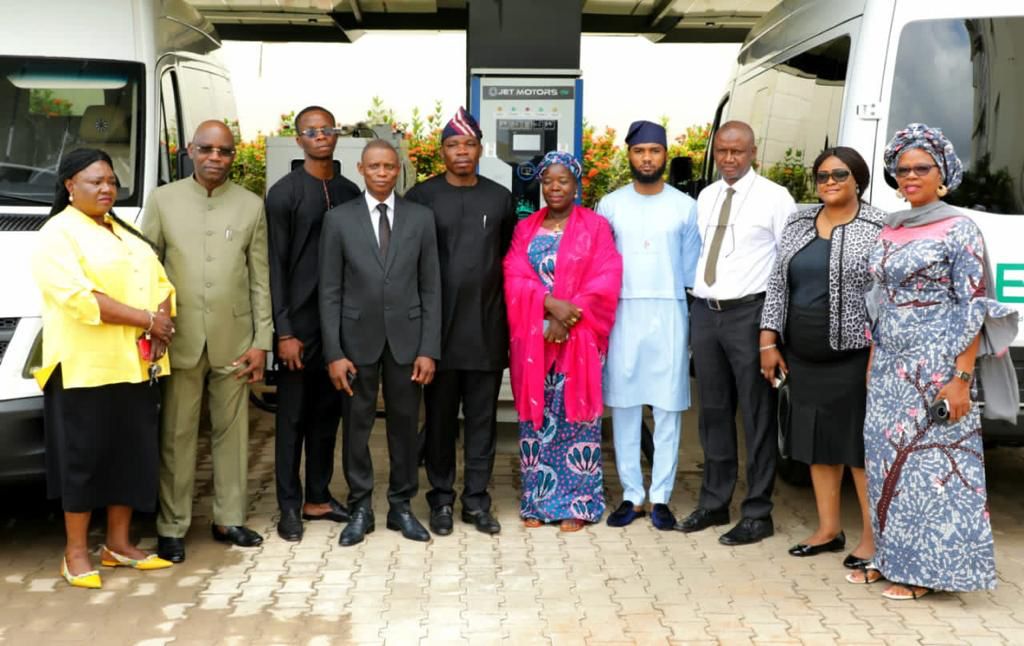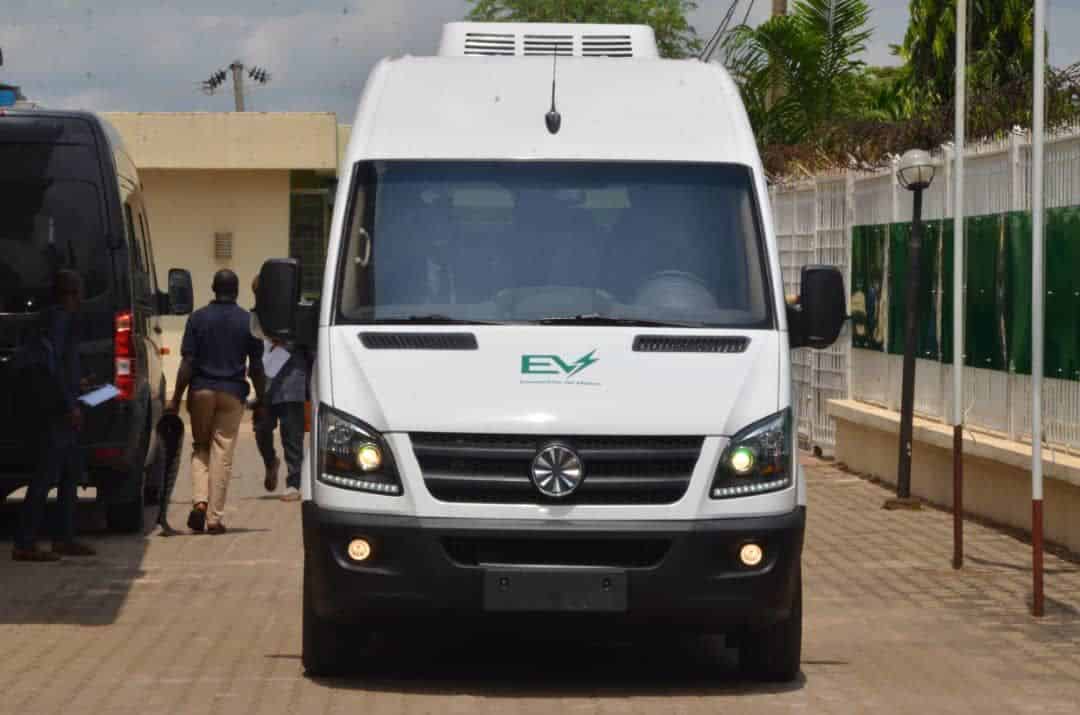
Nigeria’s post-fuel subsidy era appears to be heading the way of electric as the Nigerian government, through the National Automotive Design and Development Council (NADDC), has acquired locally-assembled electric vehicles with their charging infrastructure from Nigerian mobility technology company, Jet Motors, a move that may signal the future of mainstream mobility in the country.
The Jet Motor Company was founded in 2018 by Chidi Ajaere, Chairman of the GIG Group which comprises GIG Motors and GIG Logistics, leading brands in the African mobility space. The company was created to provide affordable and eco-friendly transportation options for Africa, and produces a variety of electric vehicles ranging from passenger to utilitarian vehicles— ambulances, military vehicles, and delivery vans.
In a statement released by the company to mark the occasion of the delivery of the electric vehicles to NADDC, the company said it had a great sense of fulfillment that the government was looking its way as it sought alternative mobility options in keeping with new realities.
“For us, it is gratifying that as a local electric vehicle producer, the government, through the NADDC, is beginning to fully appreciate the place of alternatives to petrol-run vehicles especially against the backdrop of the removal of petrol subsidy”, the statement read.
“However, beyond the current realities, electric vehicles hold the answer to the future of mobility in Nigeria, Africa and the world. We are excited that we are at the centre of the innovation disrupting mobility in Africa”, the company added.
On its relationship with NADDC, Jet Motors said the Council had, in keeping with its mandate, provided enormous support that had allowed it the freedom and impetus to initiate and sustain its drive to disrupt mobility in the country. “The NADDC has been a true champion of local content, ensuring that, through policy and strategic support, local automotive companies can have the conducive environment to create mobility solutions for the Nigeria market and beyond. NADDC has truly aided our vision, and with this extra step of being one of our customers, NADDC has opened a new chapter of possibilities”.
Reacting to the removal of petrol subsidy and efforts towards finding reliable alternatives to petrol-powered vehicles, COO of the company, Oluwemimo Osanipin, said electric vehicles were both the present and future of post-petrol mobility in Nigeria. He said they represented a reliable and sustainable alternative worth investing in. He also stated that government would need to be deliberate and strategic about supporting the growth of EV mobility in the country. “We have no choice but to think and ho electric. This is the reliable and sustainable path to take. The government will need to show great commitment in terms of incentives and strategic support if we are to make electric vehicles mainstream in Nigeria. Key areas for this support include policy mandating construction of EV charging stations in public facilities, and directly investing EV charging and maintenance infrastructure across the country”, he said.
On its part, NADDC said that since its establishment via Act no. 83 on 30th May, 2014, it had been committed to its mission of designing and implementing policies and programmes geared towards a competitive local industry for production of locally-made vehicles.
Speaking during the handover of the vehicles, NADDC commended Jet Motors for its innovation and drive towards building a sustained pipeline of clean mobility for the Nigerian market and beyond.
Director-General of NADDC, Jelani Aliyu, while responding to questions, said the Council was committed to sustainable mobility in the country, citing the Paris Agreement as a roadmap to net-zero. He said the NADDC was determined to support local content in its drive to revolutionize mobility in the country, ensuring that through policy and direct intervention, the local automotive industry developed into a thriving ecosystem.
Both Jet Motors and NADDC will now look to optimize opportunities arising from changes to the market and the new direction of the new government. The task of building adequate local capacity for vehicle production, as they both admit, is herculean, demanding the very best of dedication and continuous application.







